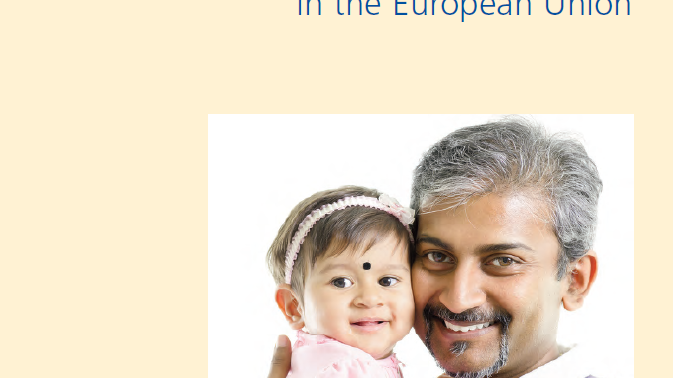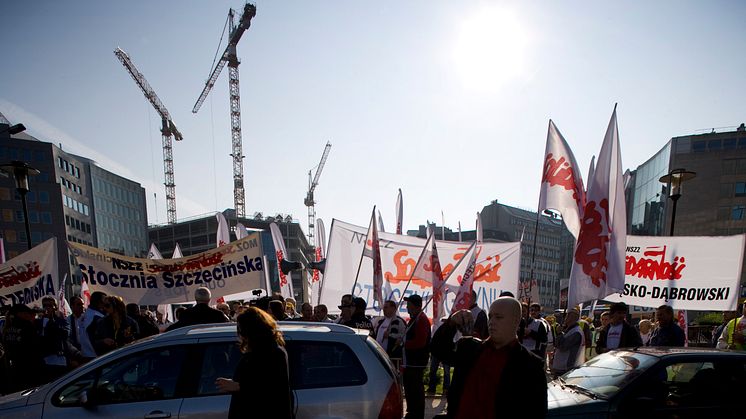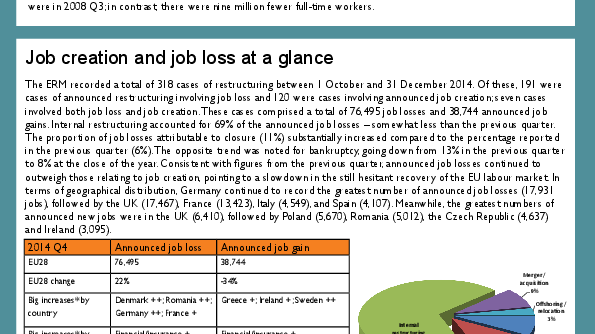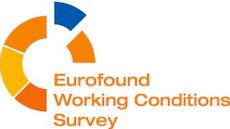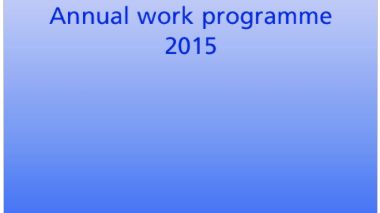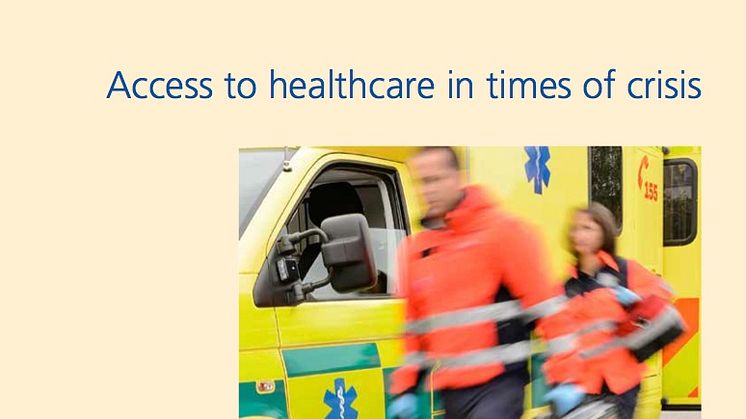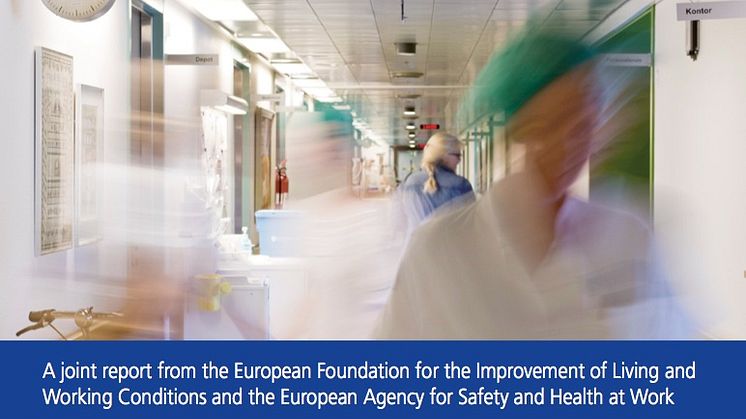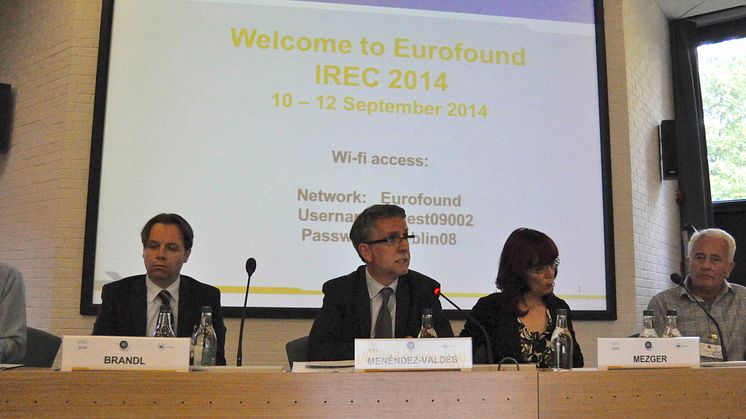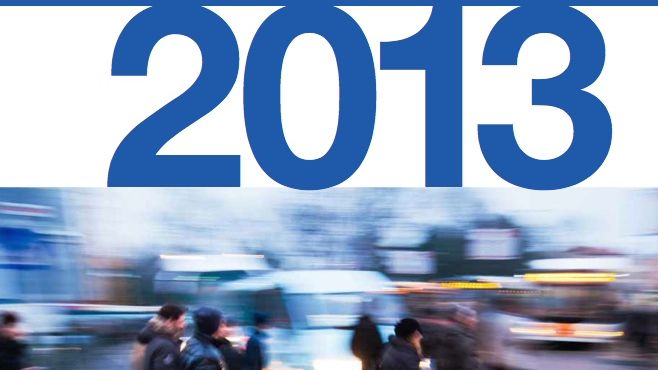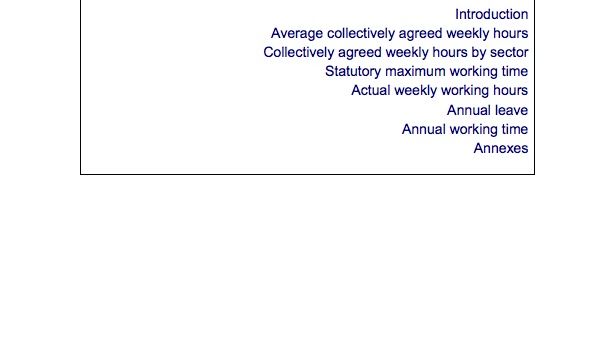Take-up rate of parental and paternity leave remains low across Europe
The take-up rate of parental and paternity leave among fathers has been increasing in most Member States but it still remains relatively low. Covering all the EU Member States and Norway, this report looks at the most recent trends in terms of take-up of parental and paternity leave, existing provisions and factors influencing take-up rates.
